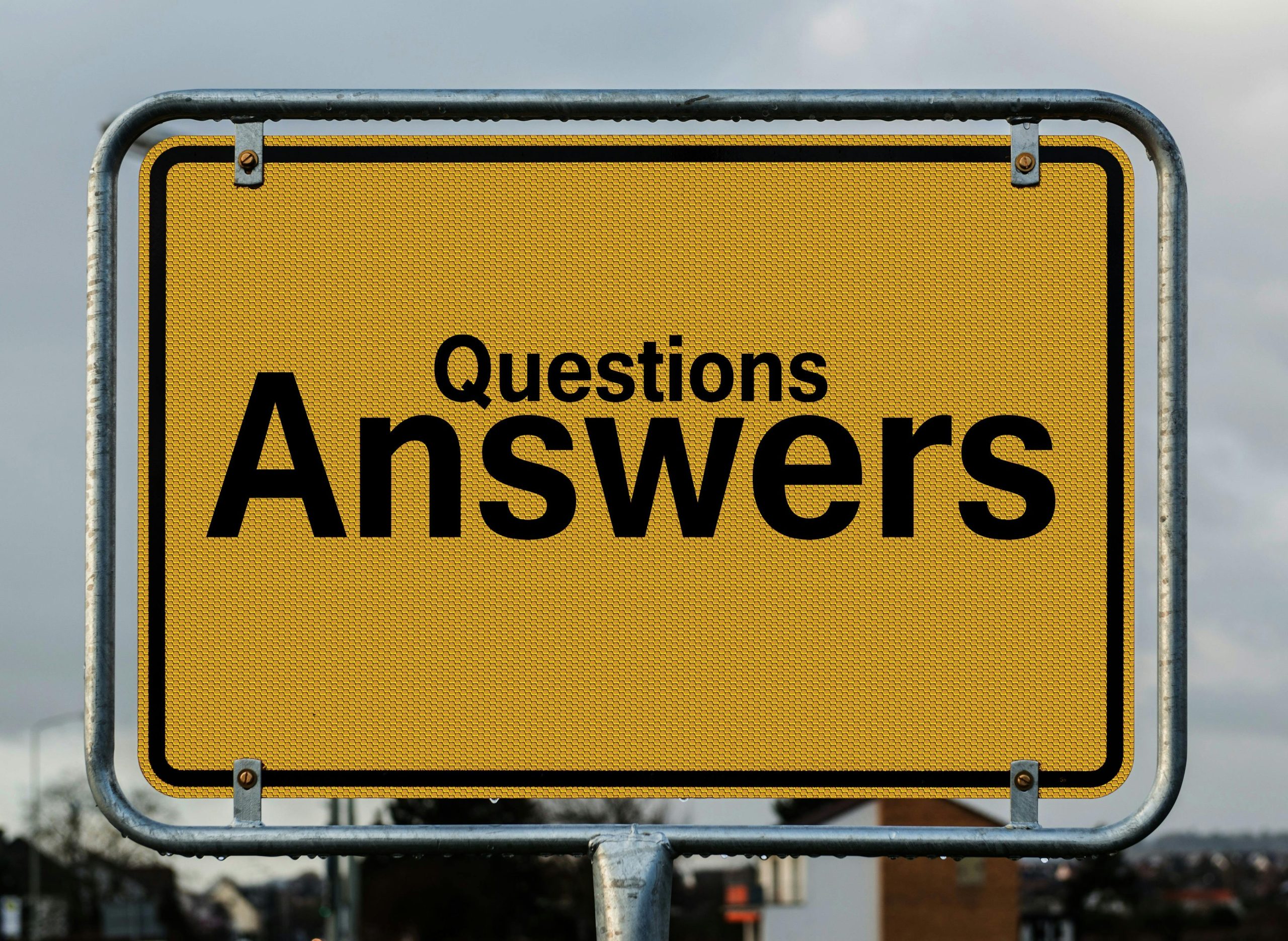Unusual and Challenging RFP Questions: A Look into the Most Baffling Vendor Queries
In the dynamic landscape of procurement and vendor selection, the Request for Proposal (RFP) process serves as a crucial mechanism to evaluate potential partners. Ideally, RFP questions are designed to glean pertinent information, assess capabilities, and ensure alignment with project goals. However, every professional who has navigated vendor negotiations knows that some submissions can be unexpectedly perplexing or even humorous.
Recently, a sales colleague shared a compilation of some of the most bizarre RFP questions encountered across industries, which sparked an interesting discussion about the nature of vendor due diligence. These questions, while perhaps well-intentioned, highlight the importance of clarity and relevance in procurement communications.
Examples of Unusual RFP Questions
While the original list can be viewed here, some common themes emerge:
- Overly Specific or Irrelevant Details: Asking vendors to speculate on hypothetical scenarios unrelated to the core project.
- Ambiguous or Vague Queries: Requests that lack context, making it difficult for vendors to provide meaningful responses.
- Intrusive or Personal Questions: Questions that delve into company politics, leadership philosophy, or personal opinions rather than business capabilities.
- Unnecessary Technical Overreach: Demanding detailed responses on esoteric technologies not directly relevant to the project scope.
What Can We Learn From These Outliers?
These examples serve as a reminder for procurement professionals to craft questions that are clear, relevant, and focused. Well-designed RFP questions should facilitate an efficient evaluation process, highlight a vendor’s strengths, and minimize ambiguity. Conversely, vague or inappropriate questions can lead to misunderstandings, fatigue, and missed opportunities for valuable insights.
Engaging the Procurement Community
Have you encountered particularly strange or challenging RFP questions in your experience? Sharing these anecdotes can help foster best practices and improve how organizations approach vendor evaluations. Ultimately, successful procurement hinges on transparency, professionalism, and mutual understanding.
Conclusion
Navigating vendor inquiries, whether straightforward or bizarre, underscores the importance of thoughtful communication throughout the procurement process. By learning from less effective questions and emphasizing clarity and relevance, organizations can streamline their RFP processes, build stronger vendor relationships, and make better-informed decisions.
*If you’re interested in exploring more about effective RFP strategies or sharing your own experiences, feel free to connect or leave a comment


Leave a Reply